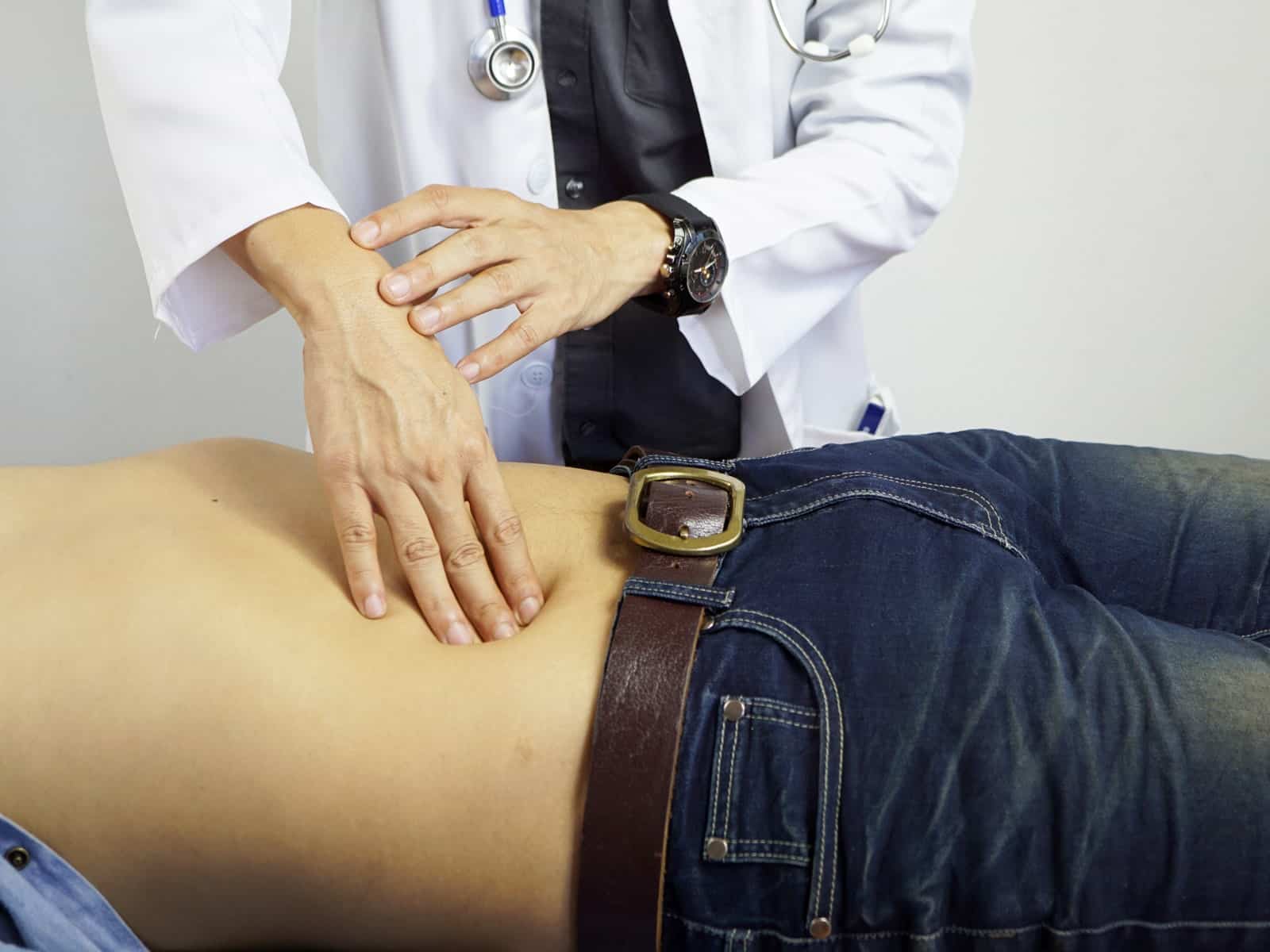
Pancreatic acute is a disease, which is a consequence of inflammatory pancreas. The activation of digestive enzymes is premature and destroys tissue of the pancreatic organ to cause pain and swelling. This contrary to the chronic pancreatitis which is progressive and long lasting but acute pancreatitis is rapidly progressing and it is likely to be handled by timely intervention.
Symptoms normally develop very rapidly and may be mild or severe. Look out for:
Acute pancreatitis has a number of causes. The most common causes are:
The developed endoscopic and imaging services, board-certified gastroenterologists, and the individual treatment programs can be discussed as the factors that made GastroDoxs stand out in terms of the acute pancreatitis management in the situation with Cypress. Whether in timely, correct diagnosis, teaching of pain treatment and nutrition, we are guaranteed of thy swift recovery, and eventual well-being. Make your appointments at present and get started to pull yourself out.
We've successfully treated more than 1K patients, helping individuals improve their digestive health and overall well-being through expert, personalized care.
With over 20 years of experience, GastroDoxs has been a trusted provider of gastroenterology care, focusing on delivering the best outcomes for patients
Acute pancreatitis is contingent on the cause of ICD-10. Acute pancreatitis related to alcohol is coded as K85.2 and other forms of it are K85.0-K85.9.
Acute pancreatitis is acute and is reversible unlike chronic pancreatitis which is chronic and may cause permanent inflammation and irreversible damages.
Yes. The pancreatitis can also be developed by cats and could have the following symptoms; lack of appetite, vomiting, lethargy and stomach aches.
These types of blood tests which present the high levels of amylase and lipase are noteworthy indicators. It is also possible that your doctor can examine liver functioning and blood sugar and can have imaging tests carried out, as necessary.
Enlargement, accumulation of fluid, and ductal obstructions or tissue damage that may be used in making decisions can be proved through a CT scan.
The most prevalent type of nursing diagnosis that may be delivered incorporates: Acute Pain as far as inflammation of pancreatic tissue is involved and the Risk of Fluid Volume Shortfall as a result of vomiting or restricted intake via mouth.
When the upper abdominal pains are severe, the vomiting cannot be stopped and the atmosphere is very hot, the pulse is rapid, and it seems that it is dehydrated, go to a gastroenterologist in Cypress as soon as possible.
The self-limiting mild acute pancreatitis is self-limiting and takes 37 days to mend with the appropriate medical treatment. Severe ones are known not only to stay longer in the hospital but also to take longer to correspond.
Yes. The prevention strategies include the prevention of excessive alcohol consumption, low?fat diet, controlling the blood lipids, and early prevention of the gallstones.
A diagnosis and severe condition, e.g. fluid collections or necrosis is determined by imaging (e.g. ultrasound or CT scan).